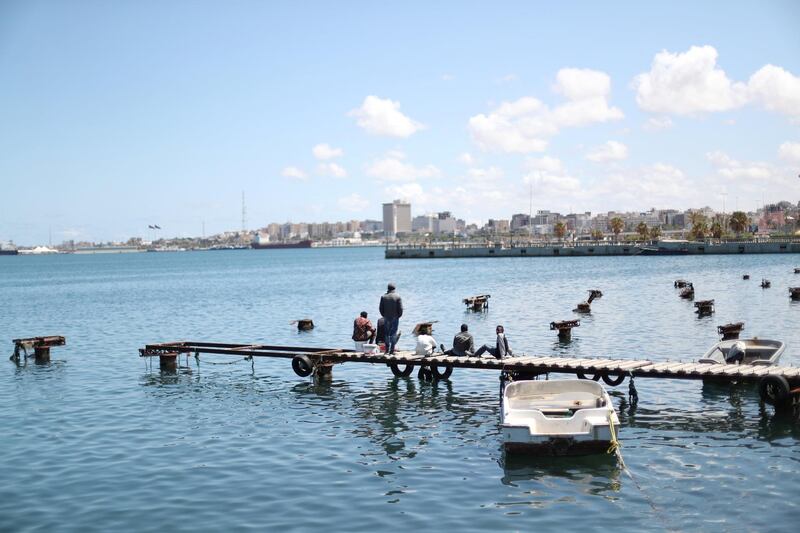Authorities in the United Nations-backed Libyan government have seized a US and European Union-sanctioned Iranian vessel off the coast of Misrata amid claims it was carrying weapons. The container Shahr E Kord departed from Bulgaria last week with Misrata in western Libya as its destination point.
According to the US treasury Shahr E Kord is linked to the Islamic Republic of Iran Shipping Lines, accused of facilitating Iran’s nuclear weapons programme.
The interior ministry at the UN-backed Government of National Accord in Tripoli said the ship was loaded with 144 containers. It added that the attorney general ordered the seizure and an investigation into what was on board was underway.
Ahmed Mismari, the spokesman for the Libyan National Army that is opposed to the GNA, claimed the ship was loaded with armaments destined for “terrorists”.
“The aforementioned ship is carrying weapons in 144 containers. The ship is owned by the Iran Revolutionary Guard and is under international sanctions,” he said on Twitter.
Mr Misrmari urged the UN Security Council and special representative Ghassan Salame to “inform” the Libyan people of what was found on board.
“We are wondering why are all the countries that claim to fight terrorism and weapons smuggling not taking any actions? Why wouldn’t they enforce UN Security Council mandates and intercept sanctioned ships,” he added.
The LNA, headed by Field Marshal Khalifa Haftar and based in eastern Libya, has no presence in the port city of Misrata. Despite having a constellation of armed proxy militias across the Middle East, Iran has traditionally not played any role in Libya.
Field Marshal Haftar’s forces launched an attack on Tripoli three weeks ago with at least 250 people reportedly killed as the fighting becomes ever more entrenched.







